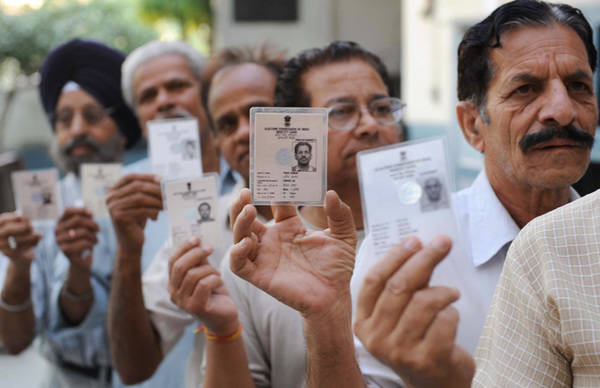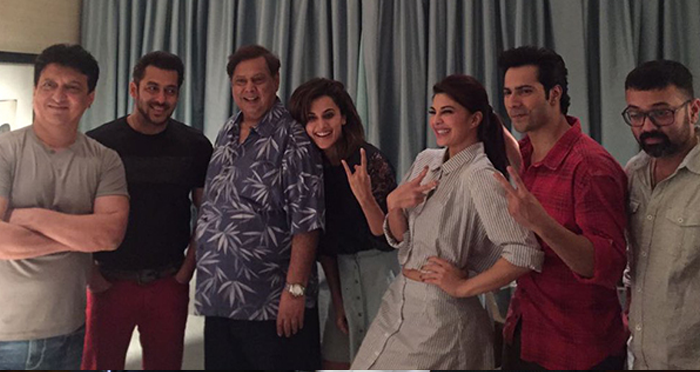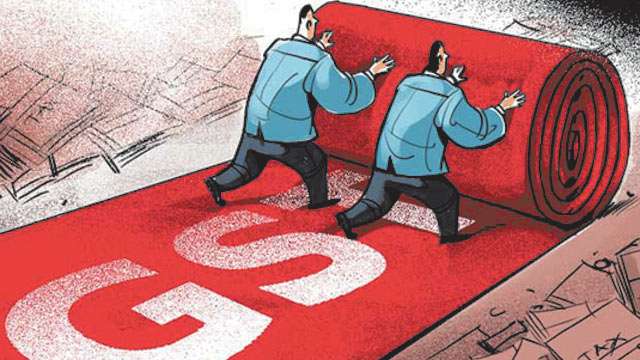India’s staggered seven-phase Lok Sabha election began on April 11 and the polling will end on Sunday with Prime Minister Narendra Modi-led NDA seeking a fresh five-year term and Congress hoping to gain ground after its recent victory in three states.
All eyes will be on exit polls, which have often proved unreliable in India, as indicators to which party forms the government at the Centre ahead of May 23 when the votes will be counted.
Here is what you need to know about exit polls:
What are exit polls?
Exit polls are conducted by researchers asking voters how they have voted just after they have left the polling station after casting their ballot. Such polls are aimed at predicting the result of an election based on the information collected from voters on election day. They are conducted by several organisations in India.
How is an opinion poll different from exit poll?
An opinion poll is a voter behaviour survey conducted in order to find out the opinion of the people, including those who may or may not vote, before voting takes place. An exit poll is done right after people have voted on an election day.
When did exit polls start in India?
In India, exit polls were almost indigenously developed by the pioneering Delhi-based Centre for the Study of Developing Societies (CSDS) in the 1960s.
The first serious media poll surveys started surfacing in the 1980s, with psephologist Prannoy Roy teaming up with David Butler. Their studies culminated in the iconic book The Compendium of Indian Elections by Prannoy Roy, David Butler and Ashok Lahiri. Satellite television also lent exit polls blockbuster prominence, since the state-run Doordarshan’s commissioning of a countrywide exit poll in 1996 to CSDS.
Why are they not allowed to be telecast before polling?
Section 126A of the Representation of the People’s Act, 1951, bans exit polls from the beginning of the polls until half an hour after the final phase of voting has been held.
The section states that “no person shall conduct any exit poll and publish or publicise by means of the print or electronic media… the result of any exit poll during such period… In case of a general election, the period may commence from the beginning of the hours fixed for the poll on the first day of poll and continue till half an hour after closing of the poll in all the states and union territories.”
Anyone who does not follow the provisions of this section is punishable with imprisonment for a term which may extend to two years or with fine or with both under this section.
Also read: Finessing forecasts of Indian elections
Why are exit polls criticised?
Critics and political parties say the agencies that conduct the exit polls could be biased in terms of the choice, words, timing of the questions, the methodology they use, and kind of sample they draw.
The sample group’s demographic behaviour, its economic status and various other factors used in tabulating the survey are also questioned.
Political parties also allege that exit polls are funded by their rivals and may not reflect the sentiment or views of the people accurately.

















